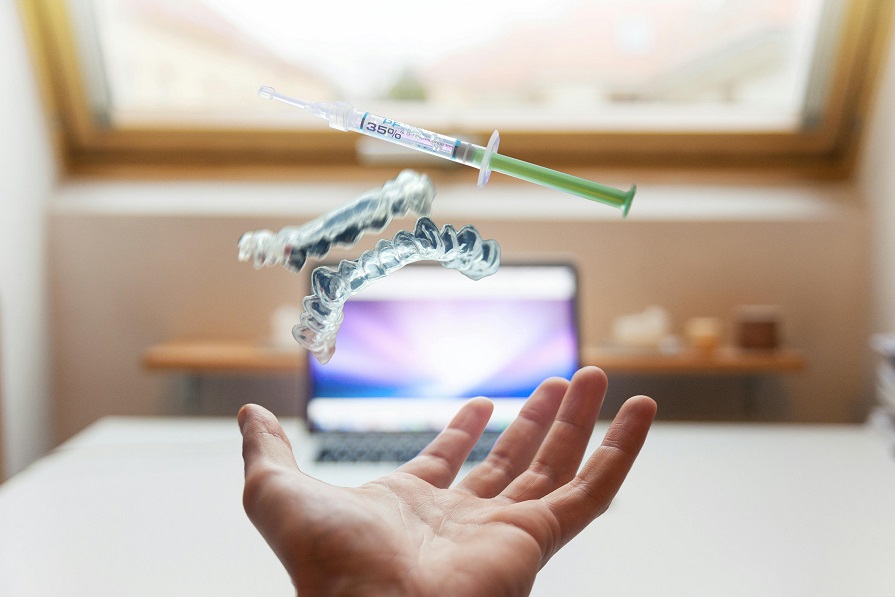Dental emergencies are distressing and painful. Knowing when an issue constitutes a dental emergency is crucial for timely intervention and preserving oral health. While some dental problems may seem minor initially, they can escalate rapidly without proper attention. Here are some conditions that warrant immediate dental care:
1. Severe Toothache
A sudden and intense toothache can signal various underlying issues like tooth decay, infection, or a dental abscess. Persistent and severe pain, especially accompanied by swelling, requires urgent attention to alleviate discomfort and prevent further complications.
2. Broken or Fractured Tooth
Trauma or injury can result in a broken or fractured tooth, exposing sensitive nerves and increasing the risk of infection. Immediate dental evaluation is necessary to assess the extent of damage and initiate appropriate treatment, which may include dental bonding, filling, or crown placement.
3. Knocked-Out Tooth
A knocked-out tooth, also known as an avulsed tooth, demands prompt action to maximize the chances of successful re-implantation. Rinse the tooth gently without scrubbing, try to place it back into the socket if possible, and seek dental care immediately. Keeping the tooth moist in milk or saliva can also aid preservation until professional help is available.
4. Loose or Dislodged Tooth
Any loosening or displacement of a tooth due to injury or accident constitutes a dental emergency. Immediate dental intervention is necessary to stabilize the tooth and prevent further damage. Delayed treatment may lead to tooth loss or the need for more extensive procedures.
5. Dental Abscess
A dental abscess is a painful condition that is characterized by a pus-filled sac caused by bacterial infection. Symptoms may include severe pain, swelling, fever, and difficulty swallowing. Dental abscesses can cause serious complications if left untreated, such as spreading infection to neighboring tissues or even systemic infection. Immediate dental attention and possibly antibiotics are required to address the abscess and prevent its escalation. You can get emergency dental care at glenwooddentalcare.ca.
6. Persistent Bleeding
Following an injury or dental procedure, persistent bleeding from the gums, tongue, or oral tissues necessitates immediate evaluation. Excessive bleeding may indicate a severe underlying issue or inadequate wound management, requiring prompt intervention to control bleeding and prevent complications.
7. Lost Filling or Crown
Losing a filling or crown can put the underlying tooth structure at risk of damage and decay, causing discomfort and compromising oral function. Seeking prompt dental care to replace the lost restoration helps protect the tooth from further harm and maintains its structural integrity.
8. Sudden Jaw Pain or Clicking
Sudden onset of jaw pain, stiffness, or clicking accompanied by difficulty opening or closing the mouth may indicate temporomandibular joint (TMJ) dysfunction. Prompt evaluation by a dental professional is necessary to diagnose the underlying cause and start an appropriate treatment to alleviate symptoms and prevent further complications.
9. Signs of Oral Infection
Symptoms such as swelling, redness, warmth, or drainage from the gums or oral tissues indicate a potential infection that requires immediate attention. Oral infections can spread rapidly, affecting neighboring structures and leading to systemic complications if left untreated.
10. Severe Oral Trauma
Severe trauma to the face or mouth, such as fractures, lacerations, or injuries involving soft tissues, teeth, or jaws, constitutes a dental emergency. Immediate evaluation by a dentist or oral surgeon is necessary to assess the extent of damage and initiate appropriate treatment to prevent long-term consequences.






